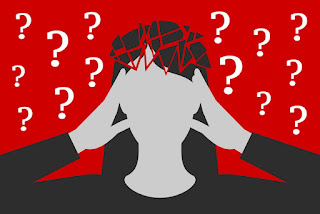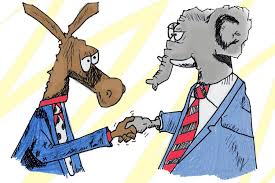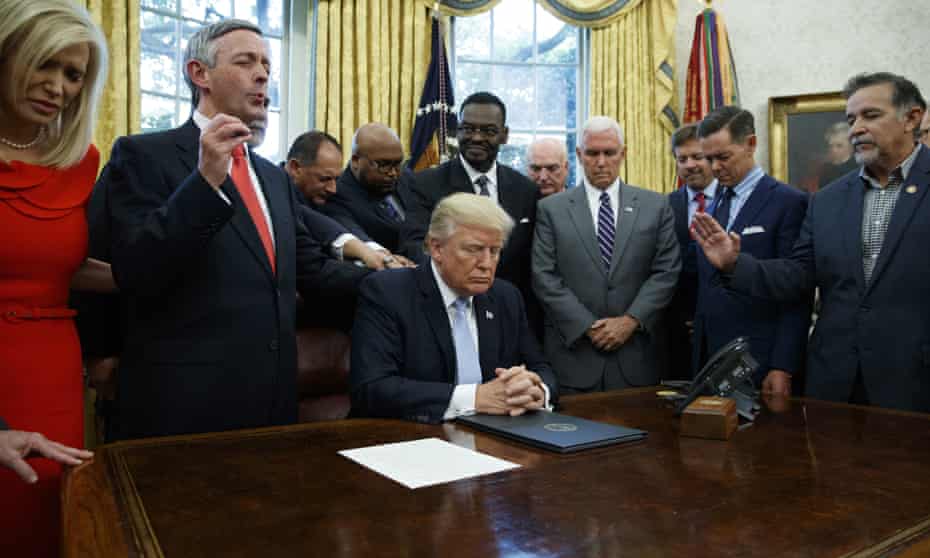Megan Brenan & Nicole Willcoxon
www.gallup.com
Originally posted 15 June 22
Story Highlights
- 50% say state of moral values is "poor"; 37% "only fair"
- 78% think moral values in the U.S. are getting worse
- "Consideration of others" cited as top problem with state of moral values
A record-high 50% of Americans rate the overall state of moral values in the U.S. as "poor," and another 37% say it is "only fair." Just 1% think the state of moral values is "excellent" and 12% "good."
Although negative views of the nation's moral values have been the norm throughout Gallup's 20-year trend, the current poor rating is the highest on record by one percentage point.
These findings, from Gallup's May 2-22 Values and Beliefs poll, are generally in line with perceptions since 2017 except for a slight improvement in views in 2020 when Donald Trump was running for reelection. On average since 2002, 43% of U.S. adults have rated moral values in the U.S. as poor, 38% as fair and 18% as excellent or good.
Republicans' increasingly negative assessment of the state of moral values is largely responsible for the record-high overall poor rating. At 72%, Republicans' poor rating of moral values is at its highest point since the inception of the trend and up sharply since Trump left office.
At the same time, 36% of Democrats say the state of moral values is poor, while a 48% plurality rate it as only fair and 15% as excellent or good. Independents' view of the current state of moral values is relatively stable and closer to Democrats' than Republicans' rating, with 44% saying it is poor, 40% only fair and 16% excellent or good.
Outlook for State of Moral Values Is Equally Bleak
Not only are Americans feeling grim about the current state of moral values in the nation, but they are also mostly pessimistic about the future on the subject, as 78% say morals are getting worse and just 18% getting better. The latest percentage saying moral values are getting worse is roughly in line with the average of 74% since 2002, but it is well above the past two years' 67% and 68% readings.



















